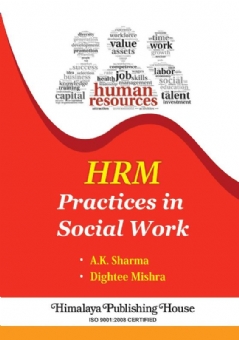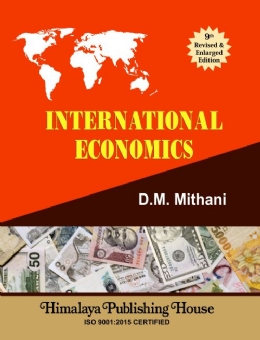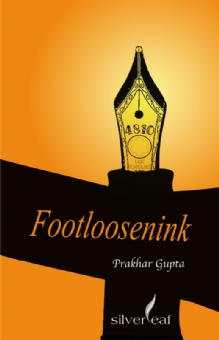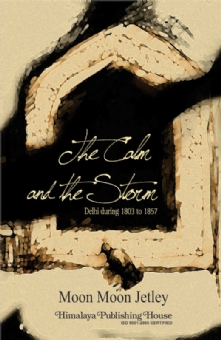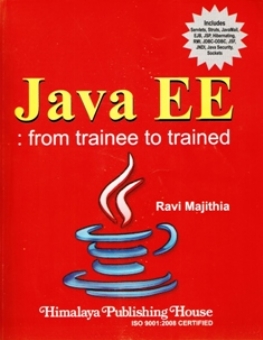Human resources are the most valuable and unique assets of an organization. The successful management of an organization’s human resources is an exciting, dynamic and challenging task, especially at a time when the world has become a global village and economies are in a state of flux. It examines the various HR processes that are concerned with attracting, managing, motivating and developing employees for the benefit of the organization.
The demand of Professional Managers, Social Workers and Volunteers in India is increasing day by day because of growing competition and rapid industrialization. There should be comprehensive understanding of human resources and their related management practices in every field. The efforts in this book have been aimed to integrate the HRM practices such as human resource planning, hob analysis, training and development, career planning, etc. in the field of Social work. Though there are many textbooks on this subject by foreign writers and Indian authors also, these falls short of the satisfaction of the students concerned because first, they do not fit in Indian socio-cultural milieu and second, do not provide up-to date material and their application in a particular field.
The book discusses about the human resource management practices in a changing environment and suggest possible ways of leveraging and managing human resources with relating their aspects in the field of Social work. Changing trends in human resource management have been explained using contemporary examples from Indian companies.
Thus, it is expected not only to serve the purpose of management students but also for the undergarduates and postgraduates in the field of social work, education and practicing managers, particularly those who have no formal education about HRM practices and who wish to update their knowledge in the field as learning is a continuous process.
Contents –
1. Human Resource Development
2. Human Resource Planning
3. Job Analysis and Job Design
4. Career Planning and Development
5. Training and Development
6. Collective Bargaining
7. Labour Welfare and its Administration
8. Social Security
9. Discipline and Grievances
10. Industrial Relations and Industrial Disputes
11. Trade Union
12. Workers Participation in Management
13. Motivation
14. Leadership

